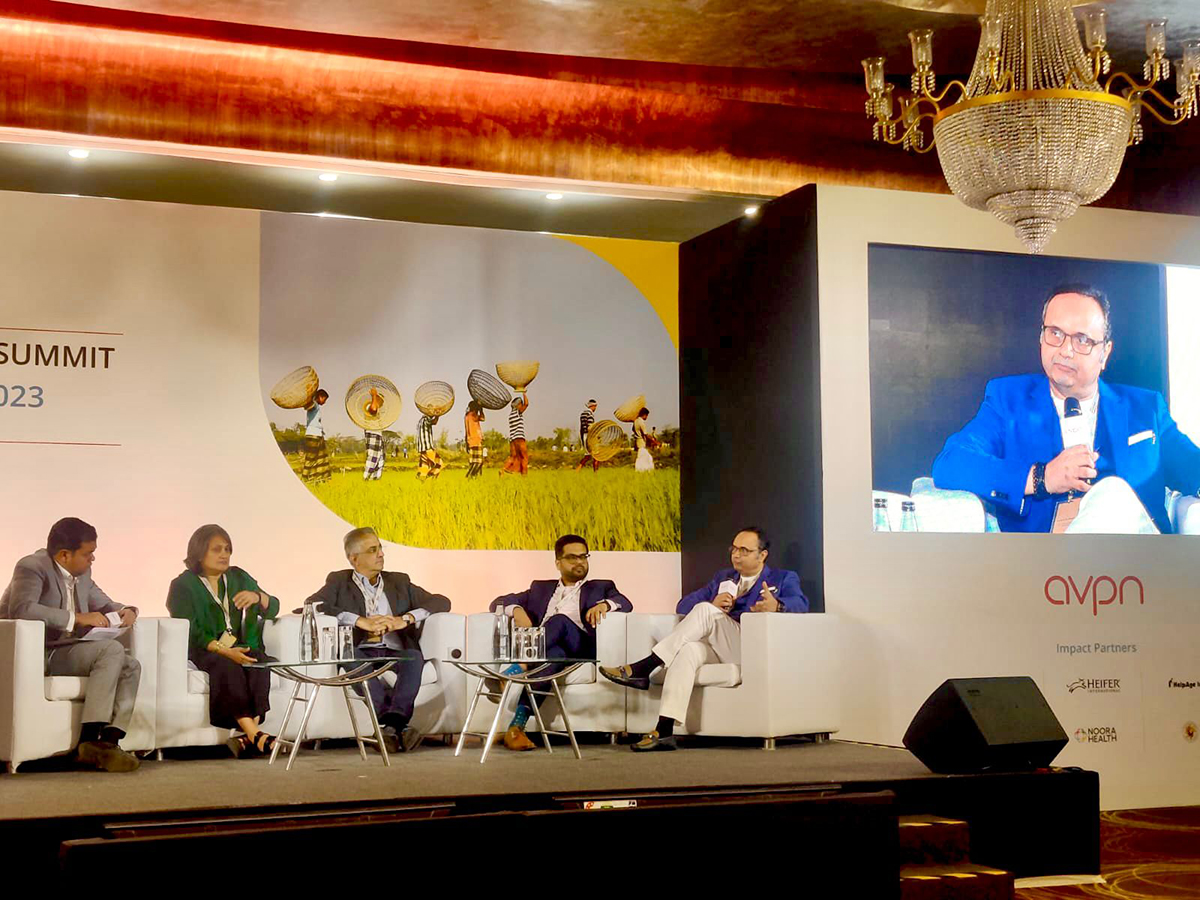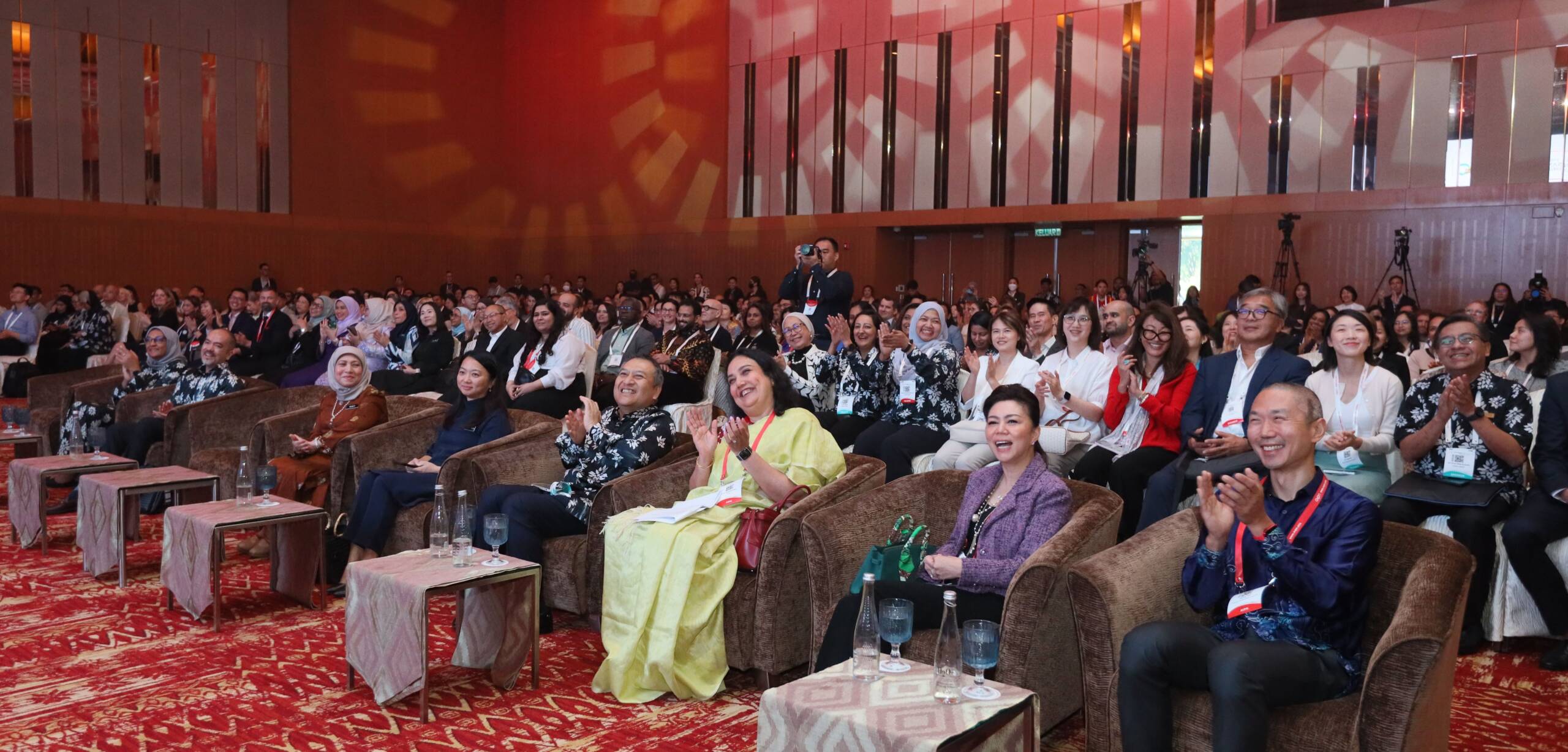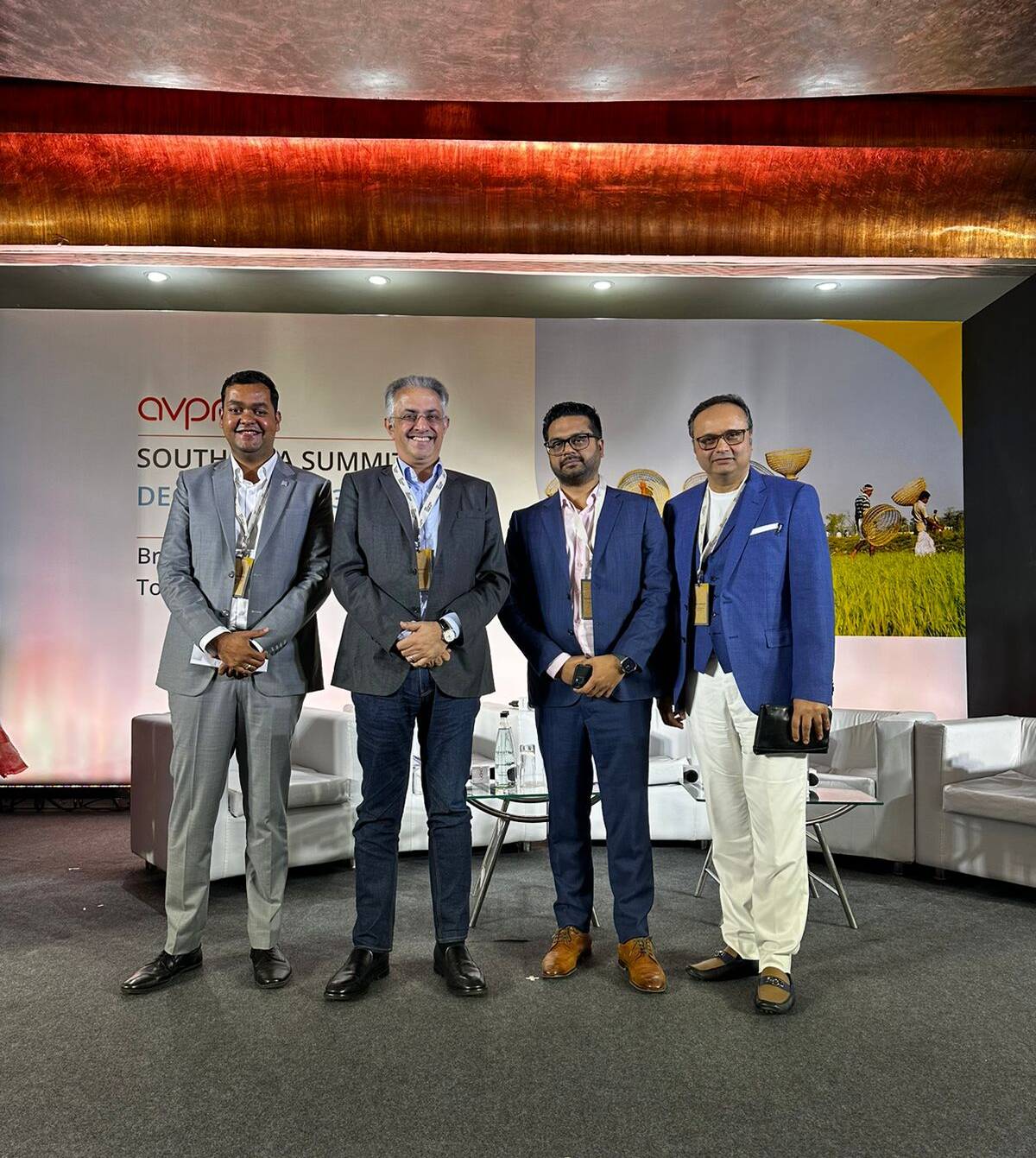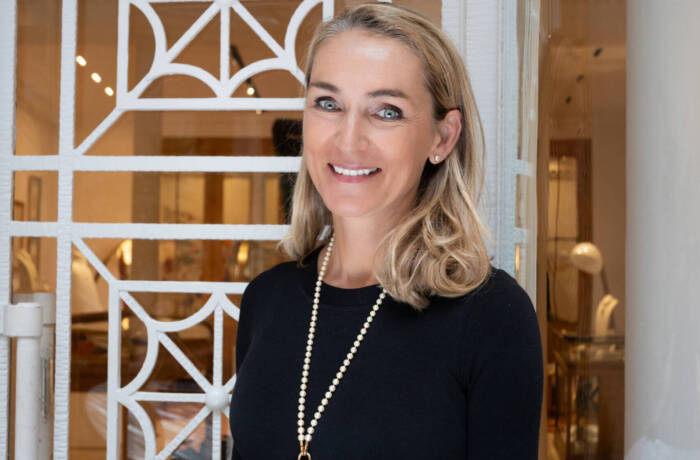
Durjoy Rahman of Durjoy Bangladesh Foundation addresses the audience at the AVPN South Asia Summit
A pioneering conference in India is seeking to kick start venture philanthropy in South Asia
‘We had a strong sense that our projects had a lack of effectiveness. Add to that the lack of transparency as well as poor methods of measuring impact, and it became clear that something needed to be done.’
On a charity fundraising trip in 2002, Doug Miller realised the futility of his friends’ and his impact ventures in private equity. Unlike traditional investments, metrics were undeveloped, and methods and final impact opaque. In short, a lot of capital and time was being spent with the best of intentions but with limited results.
In response to this, Miller developed the European Venture Philanthropy Association (EVPA) in 2004 and the Asian Venture Philanthropy Network (AVPN) in 2011, bringing a collaborative approach to venture philanthropy through exchanges with impact investment.
Follow LUX on Instagram: luxthemagazine
His successor is the overwhelmingly accoladed Naina Subberwal Batra, CEO of AVPN and Chair of the International Venture Philanthropy Center, proclaimed one of Asia’s Most Influential by Tatler Asia in 2021 and awarded awarded one of Asia’s Top Sustainability Superwomen by CSRWorks. Batra presided over the latest AVPN South Asia Summit in Mumbai earlier this month; it was the first of these conferences to take place in person, last year’s inaugural edition having taken place virtually. This year’s theme was ‘Bringing Fringes to the Fore”, and it brought together individual philanthropists from culture, education and social impact, and major global companies and organisations.
Durjoy Rahman, a philanthropist from Bangladesh engaged in South Asian art and culture, focused around the creative realm and cultural soft power. Speaking of the cultural world, he said that one of the missions of this Durjoy Bangladesh Foundation was to show that the cultural world “does not need to be seen or judged by the West’s historical perspective”. Durjoy said he is finding this message is finding resonance both in the rest of the Global South, and also in the traditional cultural capitals of the West.

AVPN South Asia Summit brings together philanthropists, venuture capitalists and other leasers to promote the field of venture philanthropy
“It is important to lead the conversation, and to do so needs to involve a multilateral, global conversation. It’s not about doing something and broadcasting information about what we do: multiple dialogues are the way to ensure we engage with like-minded individuals and institutions around the world.”
Durjoy also spoke about how the creative realm can contribute to future-ready education; and specifically, how the creative and cultural field can play a “soft power” role in influencing international views of Bangladesh, a country only founded in 1971 which previously had a negative economic reputation but is now one of the fastest-growing economies in the region.
The same panel, moderated by Vivek Agarwal of the Tony Blair Institute, also focused on educational reform, and featured Dr. Akhil Shahani, Managing Director of The Shahani Group, Dr. Nivedita Narain, CEO of OneStage and Rakshit Kejriwal, President of Phillips Education, speaking about empowerment in employability.
With a history of philanthropic infrastructure lacking in Asia, AVPN CEO Batra is building a network, catering to models that suit the collective regional story and its challenges, moving from a purist venture philanthropy, focused on empowering voices and expanding the network at all costs.
Venture philanthropy itself is a relatively new field, pioneered in the US and now making inroads around the world. It combines elements of traditional philanthropy, where a return is measured purely on the impact of the philanthropic aims, and traditional venture capital seeking a return. There is a prevailing view now that this maximises returns on both levels.
The AVPN conference is aimed to be an interregional weaving of thought leaders and industry experts, where a collective regional story is conducive to progress as opposed to challenging it. Its brief spans culture and education, as well as sustainable development goals.

Left to right: Vivek Agarwal, Dr Akhil Shahani, Rakshit Kejriwal, Durjoy Rahman at the AVPN Summit after their talk on future-ready education
A conference on social impact and sustainable development runs the risk of empty pledges. But not at AVPN – Lavanya Jayaram, South Asia Regional Director, ensured animated conversations, with stakeholders ‘debating unique regional challenges and solutions towards charting a roadmap for philanthropy and impact investing in the South Asian region.’. Founder Doug Miller’s aversion to inaction charged the summit, which hosted over 70 speakers over 27 sessions, a variety of panel discussions, keynote speeches, workshops and ‘fireside chats’. The agenda is also interspersed with networking opportunities, encouraging an ongoing dialogue between speeches, to expand the AVPN ecosystem, with over 600 members across 33 markets and its own academy dedicated to teaching skills in impact investment.
In the wake of environmental disasters that struck the region over the past year, the 2023 summit featured panel discussions on climate resilience and energy transitions in South Asia. Speakers such as Prerana Langa of Aga Khan Agency for Habitat India, developing network based models for disaster risk reduction and biodiversity conservation, spoke particularly to this year’s floods and industrial accidents in Bangladesh, bringing investors into contact with means of making effective impact.
Read more: Cyrill Gutsch on saving the oceans through art and collaboration
A panel discussion dedicated to ‘Bridging the Borders’ and ‘Global Perspectives’ brings as one of the speakers Sanjay Gujral of Everstone Capital, a private equity firm investing across the South Asian landscape, further engaging investment in a cross cultural design. Indian cricket legend Sunil Gavaskar also spoke about finding purpose in philanthropy.
The conference equally addressed gender gaps and supporting women within the economy through talks on gender lens investing, furthered by AVPN’s Asia Gender Network, backed by the Bill and Melinda Gates Foundation, which seeks to advance equality through representation in leadership positions, economic empowerment and education, just to name a few.
Through a multiplicity of sectors and regions, the South Asian Summit is driving a collective effort in sustainable development and in centralising fringe communities in the discussion. The phrase ‘catalytic platforms’ is often thrown around, and yet could not be more apt in such dynamic conversations taking place. The Summit, through the focused involvement of leaders in their fields, is set to catalyse significant change in important and evolving areas. – Olivia Cavigioli
Find out more: avpn.asia








